With millions of visitors yearly across 44 countries, it seems like Europe is the continent on everyone’s bucket list! Europe boasts a rich history, fascinating cultures and magnificent natural wonders. Whether you are a novice or an experienced traveller, Europe has a destination for you.
For those not well-versed in the European lifestyle, there may be more than a few new experiences awaiting you on a Europe tour. That’s why Expat Explore asked our tour leaders and travel experts what they think travellers need to know before travelling to Europe.
Related: For first-time travellers, see our Europe travel checklist.
In preparation for your travels, here’s what to expect in Europe:
Step Up to Explore
Some of our travellers are surprised to find out how much walking they actually end up doing on a Europe tour. On busy days, it can be up to 20,000 steps so remember to keep your Fitbit charged and earn those activity points! Walking is the best and sometimes the only way to see all the city has to offer. It’s no secret that European cities are renowned for their picturesque landscapes which often feature cobbled streets and inclines. Thus, be ready to tread on uneven terrain and conquer some stairs!
In Europe, historical charm is everywhere, and many of the buildings reflect this legacy. Consequently, elevators and escalators are not always commonplace, even in hotels. To combat this, travel light and be prepared for the possibility of carrying your luggage up and down staircases.

Related: Not sure what to pack? We are here to help with pro packing advice for your adventure.
Forecasting Your European Adventure
While Europe’s summer is short, it can get very hot and humid. Many older buildings are not well equipped to handle this heat (they are far more equipped for the cold) and do not have air conditioning. This is because it is too difficult to modify old buildings and air conditioning units are considered too expensive to run. If you plan to travel in summer, it is essential to pack light. We recommend bringing a hand-held fan to keep cool.
Winter in Europe can be magical but not all countries are a snowy wonderland. Many European countries are very cold and rainy in winter, which can really put a damper on your travels – no pun intended! If you plan to travel during the winter months, you can look forward to smaller crowds and festive cheer. However, you will need to ensure that you pack warm, waterproof clothing and be aware that the days are shorter.
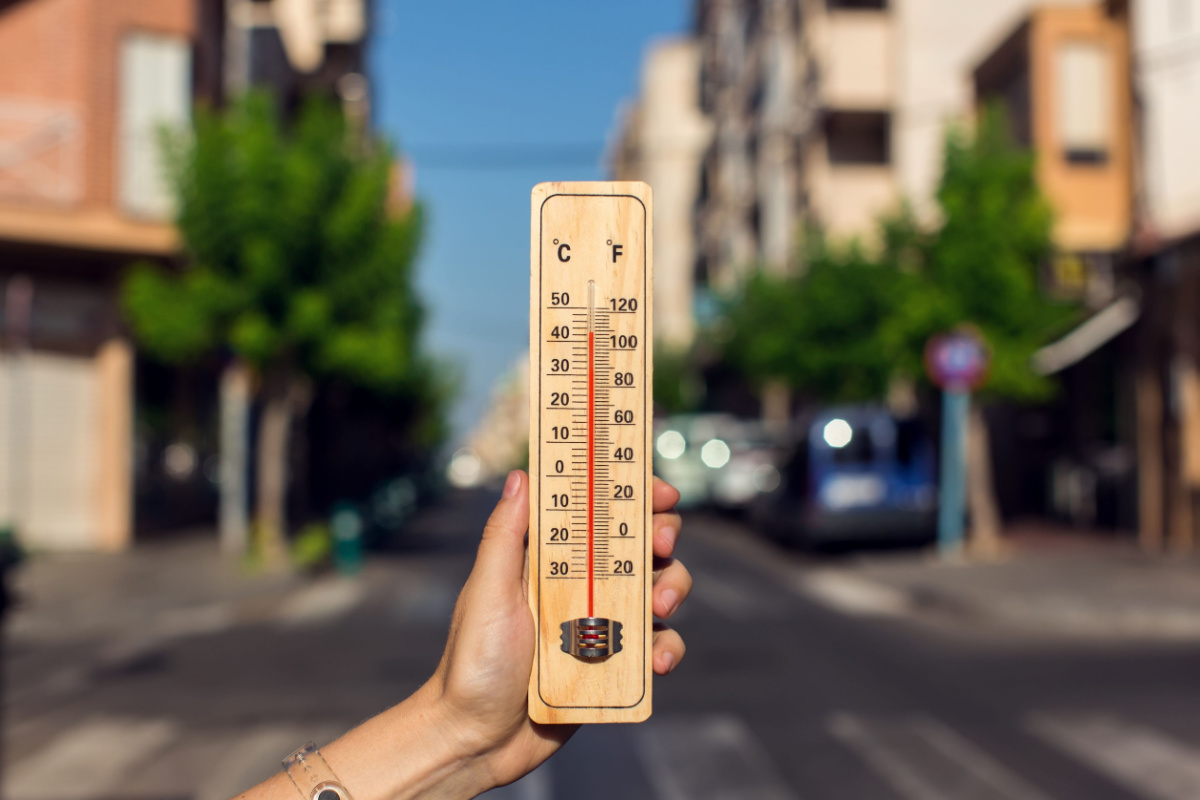
Related: If you are not sure when to travel, find the best time to travel anywhere and everywhere!
Checking In: European Edition
As you set off on your European adventure, it’s important to understand that the hotel standards may be different from what you expect. The hotel rating system varies from region to region. The star rating reflects the facilities a hotel offers, such as elevators, restaurants, bars, and pools, rather than an indicator of its overall quality or style.
Many hotels are located in old buildings. While these structures exude character and charm, they also have limitations. Rooms and bathrooms are often smaller than expected and, as mentioned above, may not be adequately equipped to combat the summer heat.
Another distinctive feature in European hotels is their bedding arrangement. You may find two single blankets on a double bed instead of one double blanket. Additionally, be aware that some hotels may have a water thermostat system in the bathroom that you need to turn on or adjust to get hot water. Look carefully for this or you will end up having a cold shower!
If you’re looking for accommodation before or after your tour, look no further than booking.com.
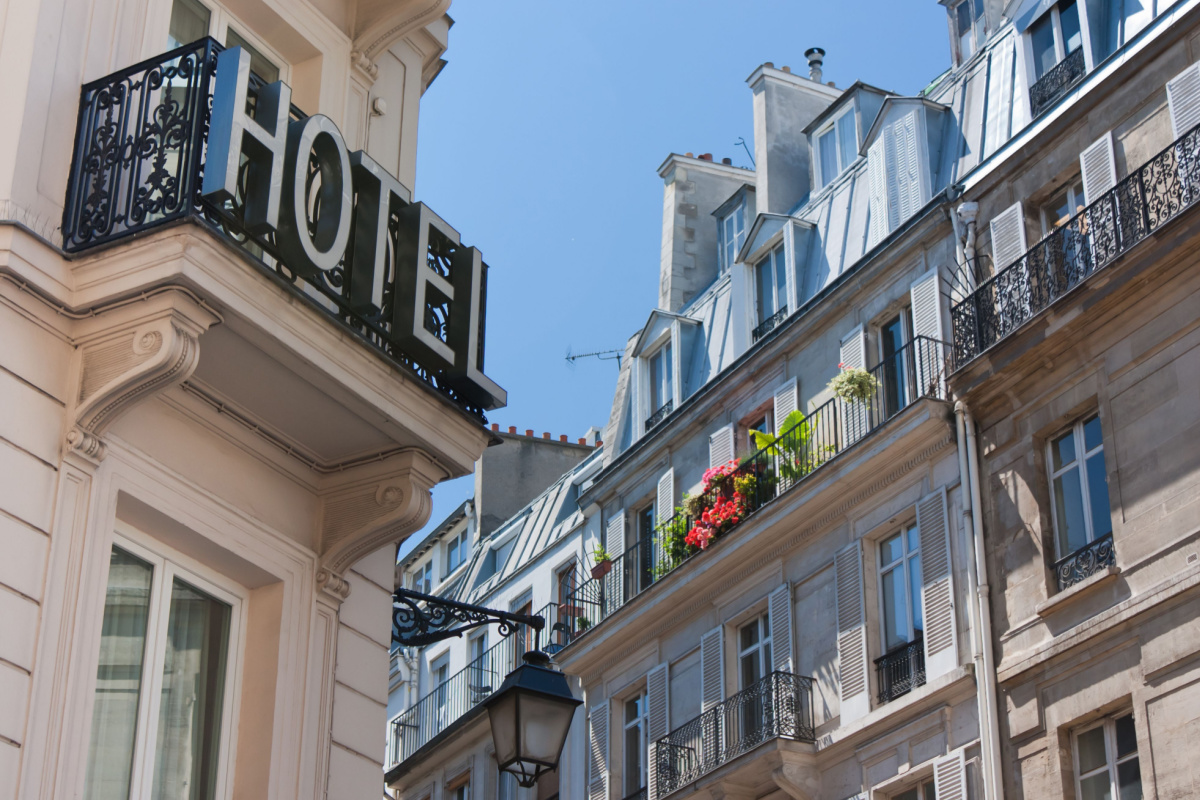
Related: Find out everything you need to know about room sharing.
Managing Dining Demands
European dining experiences may differ from what you are accustomed to. Many restaurants don’t offer table service and if they do, the waiter or server may not be as friendly or attentive as you might expect. It is important to understand that this isn’t bad service. In certain countries, it’s customary for servers to allow diners to enjoy their meals without interruptions. If you require assistance, simply catch their attention with a wave.
Meal times in certain countries may be later than when you normally eat, which may take some getting used to. Portions are generally smaller, and ice isn’t typically served with drinks. Interestingly, in many places, beer can be more affordable than mineral water, while tap water is usually free and safe to consume.
If you follow a vegan or vegetarian diet, you may encounter limited options in certain European locations, especially in smaller or more rural towns. In some cases, when requesting a vegetarian meal, you might be offered fish, as the definition of ‘vegetarian’ can vary worldwide. Most cities do have vegetarian or vegan restaurants as it is becoming far more popular worldwide. However, in local restaurants be prepared for fewer choices and consider enjoying meals centred around bread, salad, and fruit.
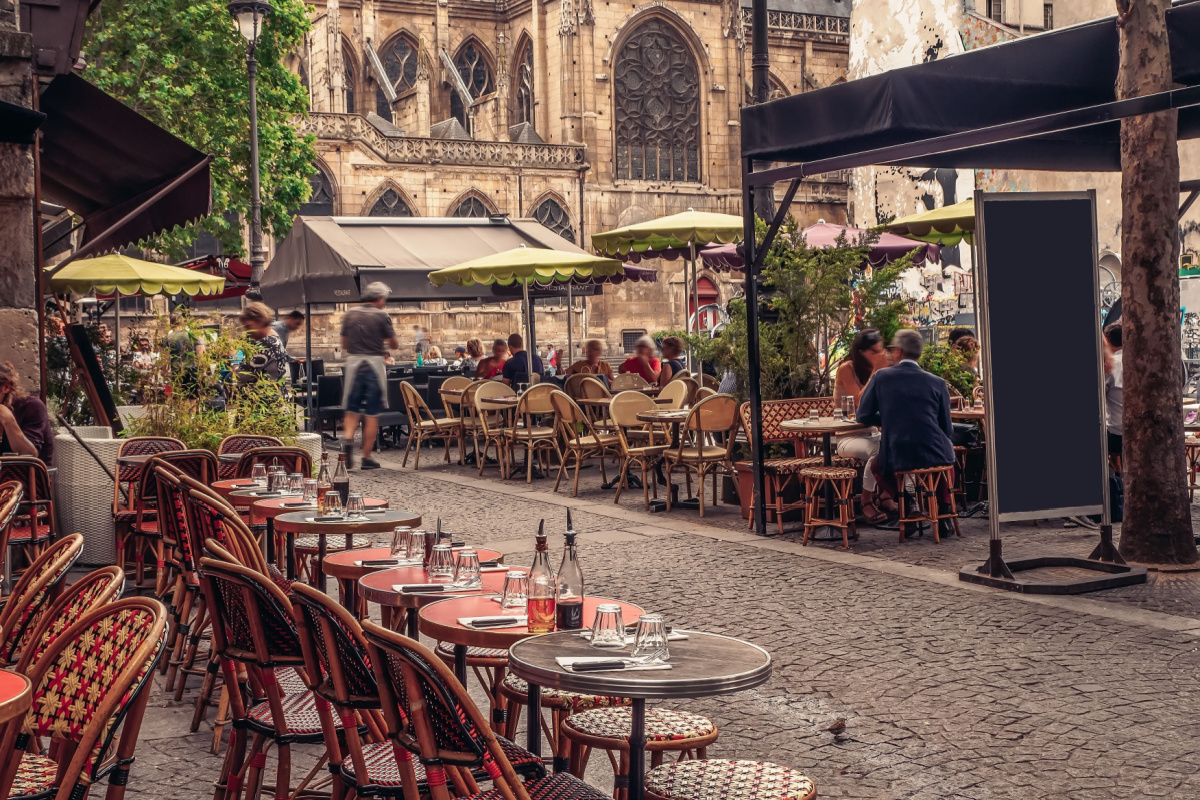
Related: See our top tips for vegan travellers.
Tips for Tipping
Tipping customs across Europe differ from country to country. However, it is important to remember that tipping is an integral part of the hospitality and tourism industry. Providing a waiter or tour guide with a tip is generally suggested and always appreciated.
We recommend that you research the tipping customs for the regions that you are visiting as this will assist you with your travel planning and budgeting.

Crowd Control
During the summer months, Europe comes alive with tourists from across the globe, creating a vibrant and bustling atmosphere in many of its popular destinations. The streets of cities like Paris and Rome are overrun with visitors looking to explore iconic landmarks, taste local cuisine, and appreciate the rich culture. While the enthusiasm of fellow travellers can enhance the experience, it’s important to be prepared for larger crowds at popular tourist attractions. Planning ahead and arriving early can help maximise your enjoyment while navigating the summer crowds.
Remember to keep an eye on your belongings as pickpockets and scammers are often prevalent in tourist hotspots.
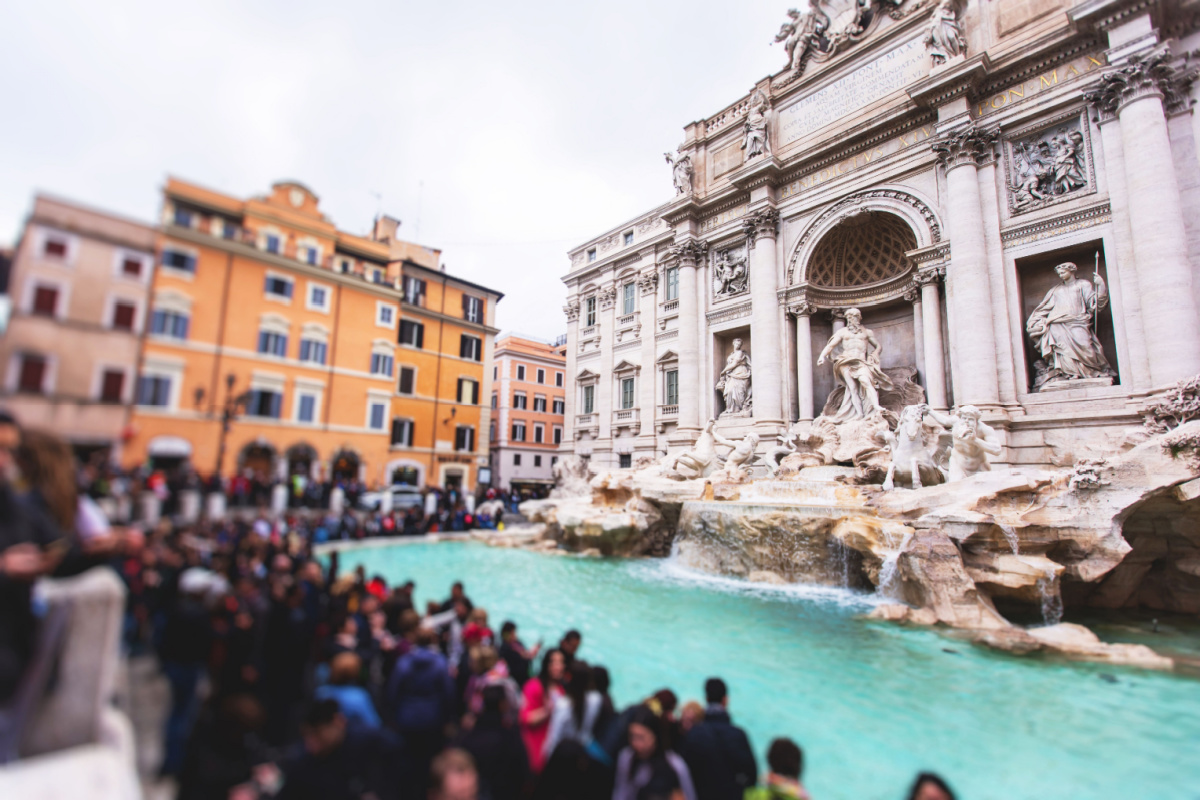
Related: See how to keep your money safe when travelling in Europe.
Toilet Tolls
While paying for a public toilet is not common practice all over the world, in Europe you can expect to pay approximately €1 cash each time you want to make use of a public toilet. This money goes towards the cleaning and operating of these facilities. Most places will accept Euros for restrooms even if the local currency is not Euro.
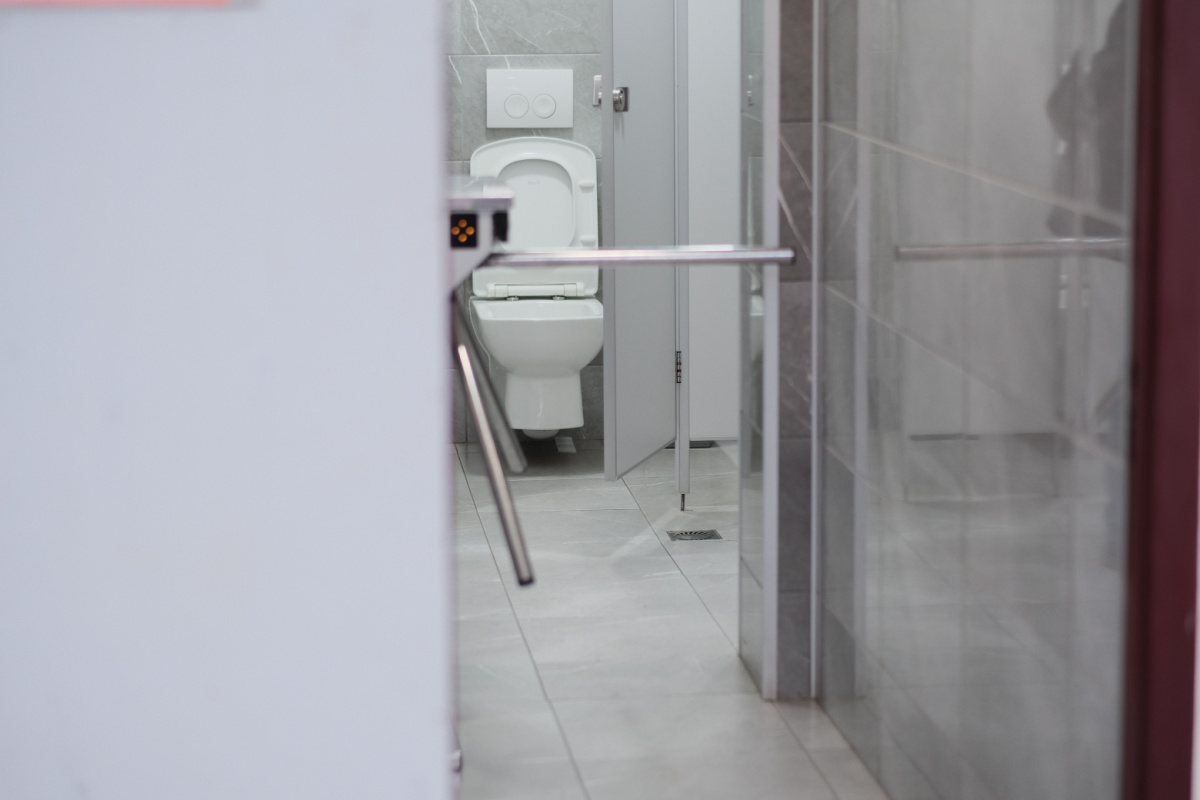
Related: Learn how to stay within your travel budget.
Leaving Big City Comforts
In rural settings and small towns across Europe, notably in Spain, Portugal and Italy, many shops and restaurants are closed on Sundays. Operating hours of these shops and restaurants will vary from what you might expect, with some establishments opting to open later in the morning and close over lunch time. For restaurants, closures are quite common between lunch and dinner time.
If you plan to spend a while in one country, it will be worth learning greetings and a few key phrases in the local languages as, in the more provincial regions, English may not be widely spoken.
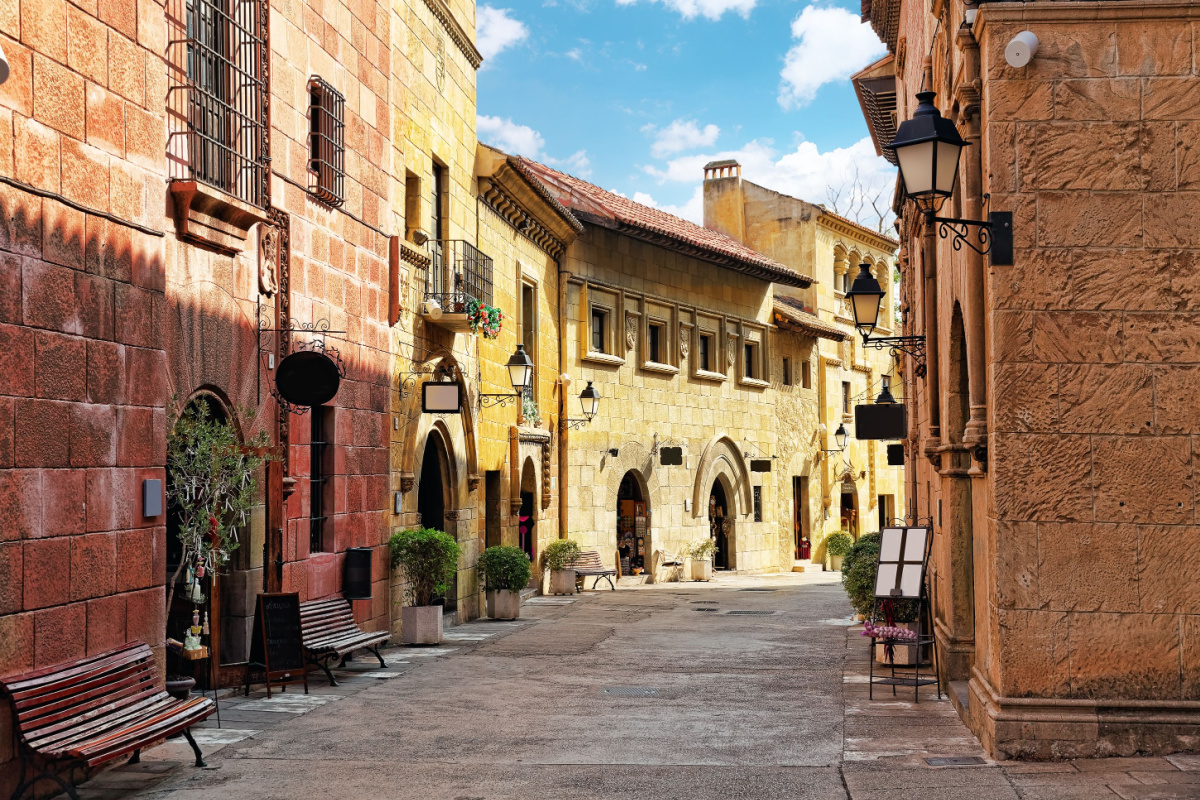
Related: Heading to Portugal? Read these handy Portuguese phrases for travelling.
There is a reason that this incredible continent is a bucket-list destination. Embrace the quirks, and you’ll find that they add to the tapestry of your memorable and enriching travel experience. Keep in mind the words of our tour leaders “It’s not bad, it’s just different,” and “Participate, don’t anticipate”. With a spirit of adaptability and a sense of adventure, visiting Europe will be a trip of a lifetime!
_________________________________________________________________________
Europe exploration is our speciality at Expat Explore. Book a trip to get out of your comfort zone and experience this first-hand!
2 responses to “Mind the Gap: A guide to navigating differences in Europe”
Hi we are doing best or Europe on July 30 th from London, is there any chance on a list of extra tours we can do such as Vatican that we could pay before we go
Hi Danny, all optional excursions should be paid in cash to your tour leader in the euros. You can find all optional excursions on the webpage: https://expatexplore.com/tours/best-of-europe-tour/. Wishing you a wonderful trip!